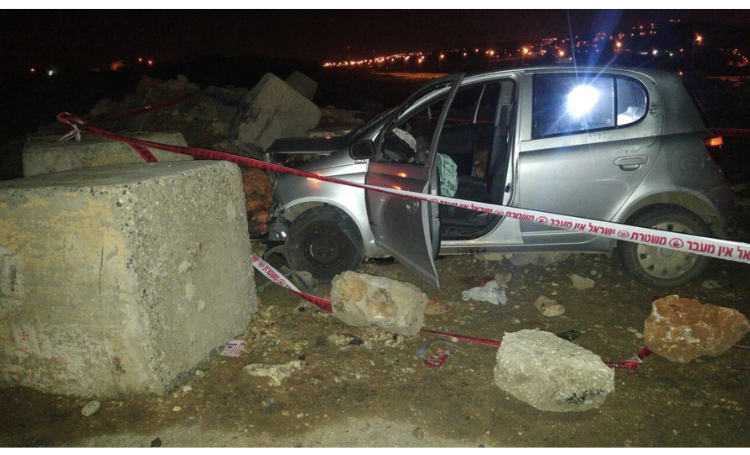Ely Karmon
Fathom Journal, April 2022
“… although the terrorists carried out the attack in the name of ISIS, there was no explanation by them how it related to the organisation.”
On 4 April deputy editor Samuel Nurding spoke with Dr Ely Karmon about the recent terrorist attacks in Israel, the level of ISIS support in Palestinian society and why Jenin is (once again) the terror capital of the West Bank. Dr Ely Karmon is a senior research scholar at the Institute for Counter Terrorism, based in Reichman University. Below is an edited transcript of Ely’s remarks.
THE PERPETRATORS
The first two terrorist attacks were the first in Israel that were inspired by ISIS. The third, in the heart of the orthodox city of Bnei Brak, was allegedly carried out by a Fatah militant. [For details on the fourth attack see the Addendum.) ISIS does not have a recognised affiliate in Israel. In the past, several Jihadists in the Gaza Strip asked the ISIS Caliph to recognise their status as ISIS fighters, but he refused. This was also the case with those jihadist fighters in the Strip who presented themselves as an al-Qa’eda faction. They were not recognised as such by al-Qa’eda Central.
THE CONTEXT: ISIS IN ISRAEL
It is important to understand the context of the attacks. There is now an ISIS presence inside the Israeli Arab (and Palestinian) community. Only about 200 Palestinians from Gaza, the West Bank and Israel tried to go and fight for ISIS. Some managed to leave, but many didn’t. For instance, the terrorist who committed the Beer Sheva attack was an influential preacher for ISIS in 2013/14 who had been arrested and put on trial when he attempted to travel to Syria. One of the terrorists of the Hadera attack also tried to get into Syria from Turkey but was arrested by the authorities, expelled back to Israel, and subsequently spent several years in jail. The government policy towards those fighters who returned to Israel was that if the fighters were not found responsible for severe crimes against humanity, they were put in jail only for two or three years. In Israel, some 86 known supporters of ISIS were jailed.
To view the original article, click here


